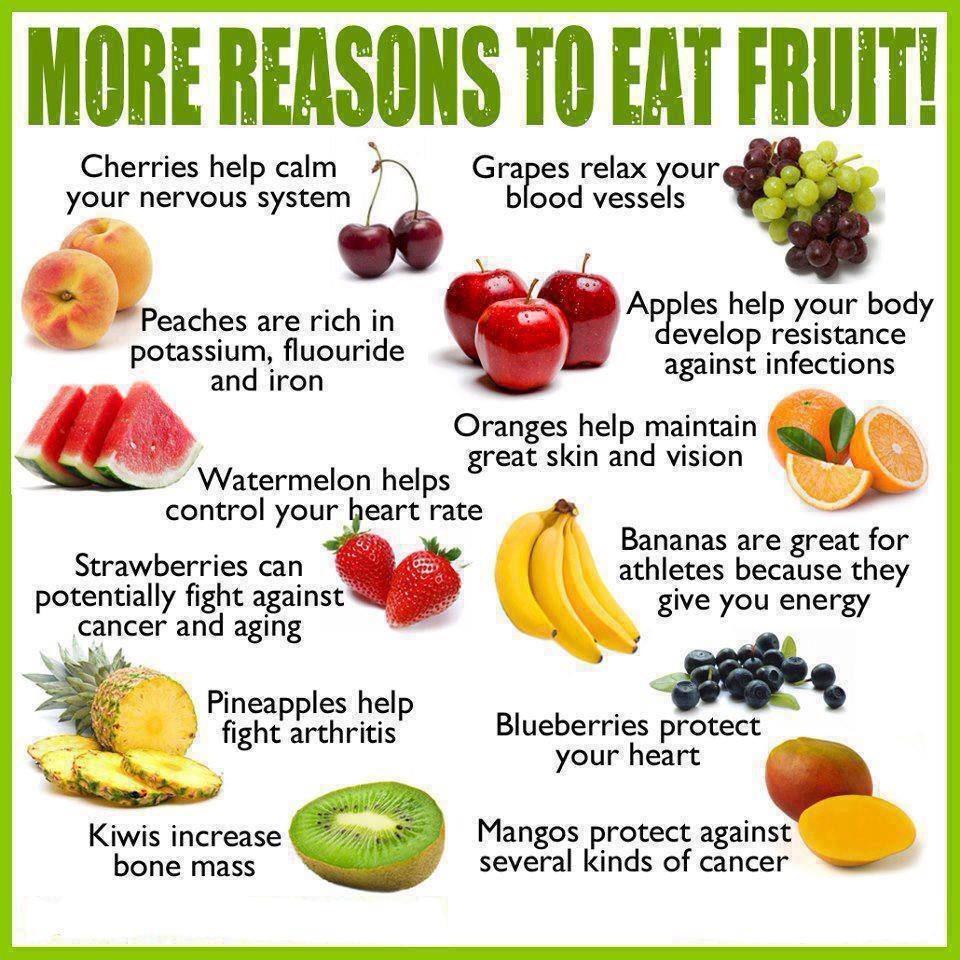Fruits and Preschooler Development: Why Does Fruits Benefits For Preschoolers Health

Preschool is a crucial period for brain development and overall growth. A healthy diet plays a vital role in supporting this development, and fruits are key components of a nutritious preschooler’s diet. The nutrients found in fruits directly impact cognitive function, physical development, and overall well-being during these formative years.
Fruit consumption significantly contributes to cognitive development in preschoolers. The vitamins, minerals, and antioxidants present in various fruits support healthy brain function, enhancing memory, concentration, and learning abilities. A diet rich in fruits provides the building blocks necessary for optimal brain development and cognitive performance.
Fruits and Brain Function
Many fruits contain nutrients directly linked to improved brain function. For instance, blueberries are rich in antioxidants that protect brain cells from damage, potentially improving memory and cognitive skills. Similarly, bananas provide potassium, crucial for nerve function and maintaining healthy brain activity. Apples offer fiber, which aids in maintaining healthy blood sugar levels, preventing energy crashes that can negatively impact focus and concentration. Oranges are an excellent source of Vitamin C, an antioxidant that protects against oxidative stress, a factor known to contribute to cognitive decline. The combination of these nutrients, found in a variety of fruits, contributes to a synergistic effect, supporting overall brain health and cognitive function in young children.
Nutritional Comparison: Fruits vs. Processed Snacks
The nutritional value of fruits far surpasses that of many processed snacks and sugary drinks commonly consumed by preschoolers. Consider this comparison:
- Fruits: Provide essential vitamins (A, C, and various B vitamins), minerals (potassium, magnesium), fiber, and antioxidants. These nutrients support overall health, brain development, and immune function. They also contribute to satiety, helping to prevent overeating.
- Processed Snacks (e.g., chips, cookies): Often high in unhealthy fats, refined sugars, and sodium, with minimal nutritional value. These contribute to weight gain, energy crashes, and can negatively impact concentration and learning. They lack the essential vitamins, minerals, and fiber crucial for healthy growth and development.
- Sugary Drinks (e.g., soda, juice boxes): Provide empty calories, leading to weight gain, tooth decay, and increased risk of chronic diseases. They lack the nutritional density of fruits and can displace the consumption of more nutritious foods.
Choosing fruits over processed snacks and sugary drinks is a crucial step in ensuring optimal nutrition and supporting healthy development in preschoolers. The long-term benefits of a fruit-rich diet significantly outweigh the short-term appeal of less nutritious alternatives.
Addressing Misconceptions about Fruit Consumption

Parents and caregivers often hold misconceptions about fruit consumption for preschoolers, which can hinder their children’s healthy development. Addressing these misconceptions with accurate information is crucial for promoting optimal nutrition. This section will clarify some common misunderstandings and provide evidence-based guidance.
Many common misconceptions stem from a lack of understanding about the nutritional value of different fruits and the appropriate serving sizes for young children. Others are rooted in concerns about sugar content, allergies, and preparation methods. Understanding these concerns and providing factual counterpoints can empower caregivers to make informed choices.
Fruit Juice is as Good as Whole Fruit, Why does fruits benefits for preschoolers health
Fruit juice, while containing some vitamins and minerals, lacks the fiber and other beneficial nutrients found in whole fruits. The high sugar concentration in juice can also contribute to tooth decay and weight gain. Whole fruits provide satiety and promote healthy digestion, unlike juice, which can lead to a rapid spike in blood sugar. Choosing whole fruits over juice is always the better option for preschoolers. A good rule of thumb is to limit juice consumption to a maximum of 4 ounces per day, and to opt for 100% juice with no added sugar.
All Fruits are Created Equal
Different fruits offer varying nutritional profiles. While all fruits contribute to a healthy diet, some are richer in certain vitamins and minerals than others. For example, citrus fruits are excellent sources of Vitamin C, while berries are packed with antioxidants. A diverse range of fruits ensures a broader spectrum of nutrients. Encouraging children to try a variety of fruits, including those in season, promotes a balanced intake of vitamins, minerals, and phytonutrients.
Fruit is Too Messy or Difficult to Prepare
The perceived inconvenience of preparing fruits for young children often discourages their inclusion in meals and snacks. However, many fruits require minimal preparation. Pre-cut fruits are readily available, and many fruits can be easily washed and served whole. Involving preschoolers in age-appropriate food preparation tasks, such as washing or cutting softer fruits under supervision, can make fruit consumption a fun and engaging experience.
My Child Doesn’t Like Fruit
A preschooler’s dislike of fruit often stems from limited exposure or negative experiences. Repeated exposure to different fruits, presented in various forms (e.g., sliced, pureed, or incorporated into other foods), is essential. Starting with fruits that are naturally sweet and appealing to young palates can increase acceptance. Introducing new fruits alongside familiar favorites can also make the transition smoother. It is important to remember that taste preferences develop over time, and persistence is key.
Resources for Reliable Information
Several reputable organizations offer reliable information on healthy eating habits for preschoolers. These resources typically provide age-appropriate guidelines, meal planning suggestions, and tips for encouraging healthy eating habits. Government health agencies and leading pediatric organizations are excellent sources of evidence-based information on child nutrition. Many of these organizations also offer educational materials for parents and caregivers, including pamphlets, brochures, and websites. These resources often include advice from registered dietitians and nutritionists specialized in child health.

Tim Redaksi